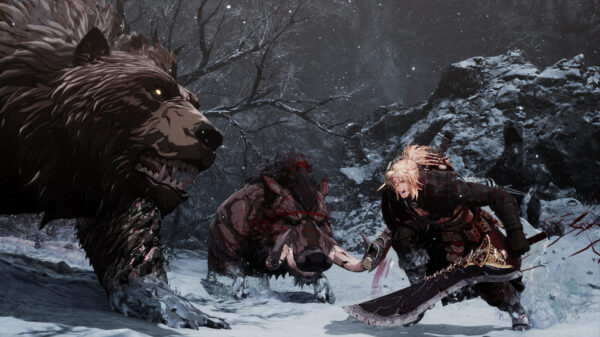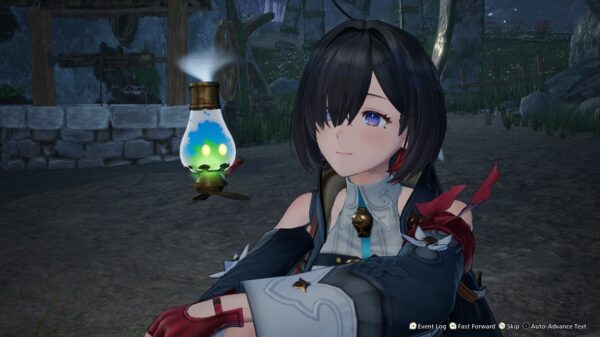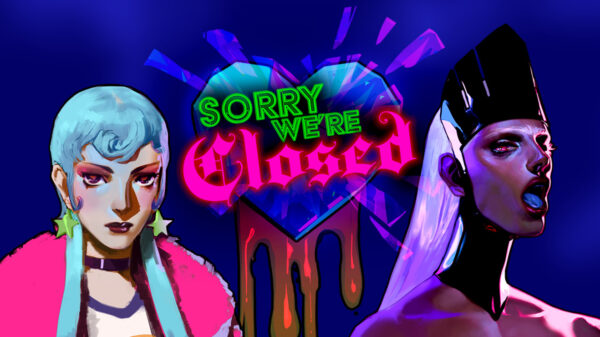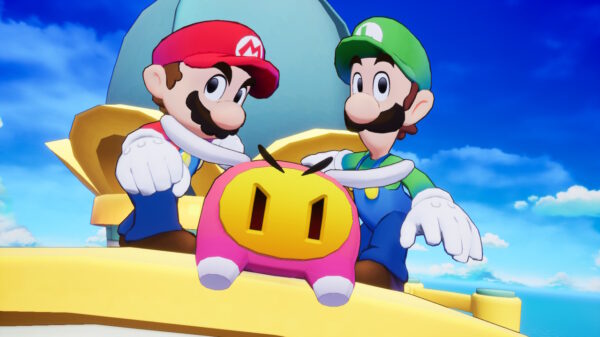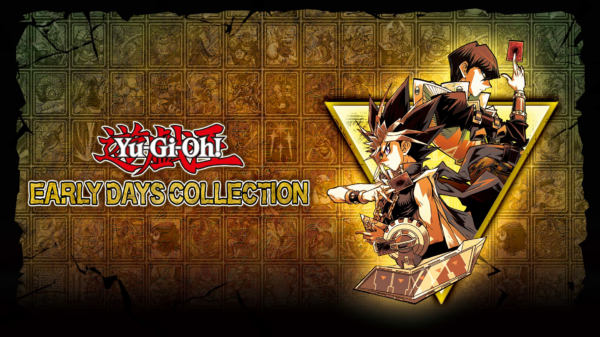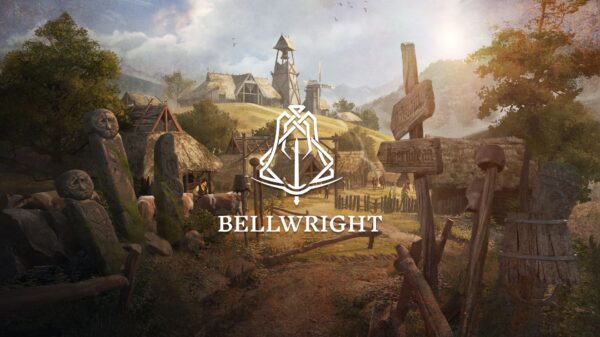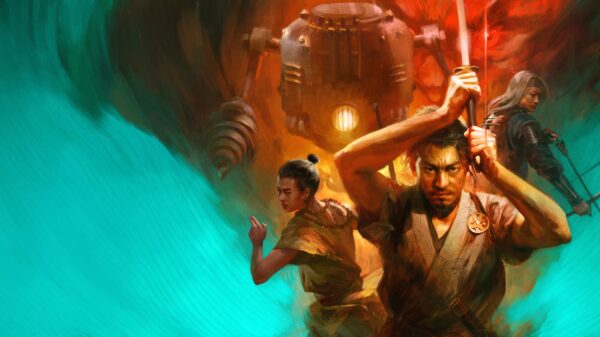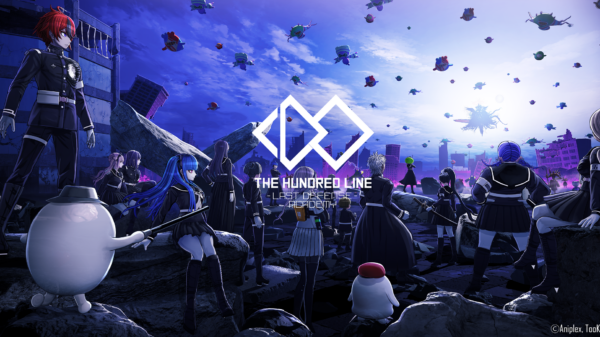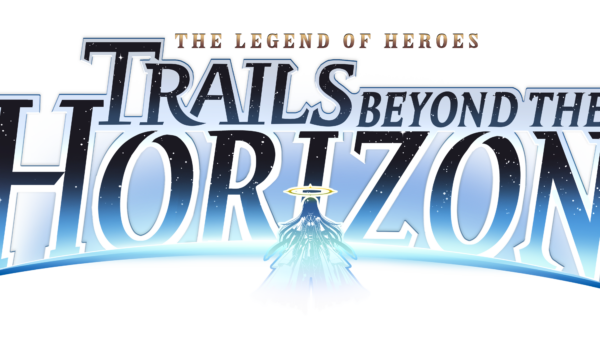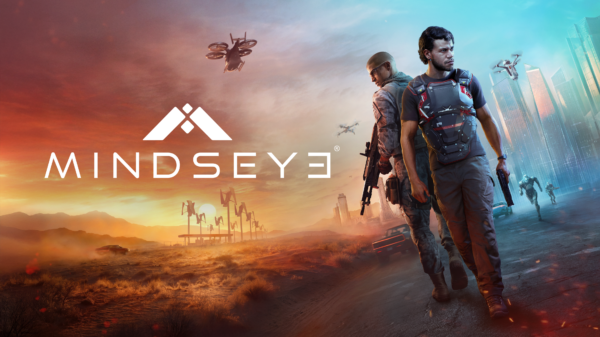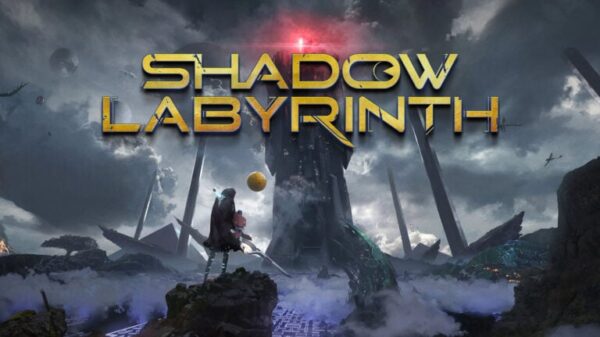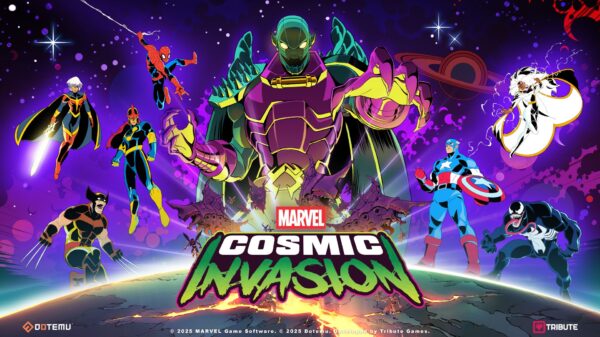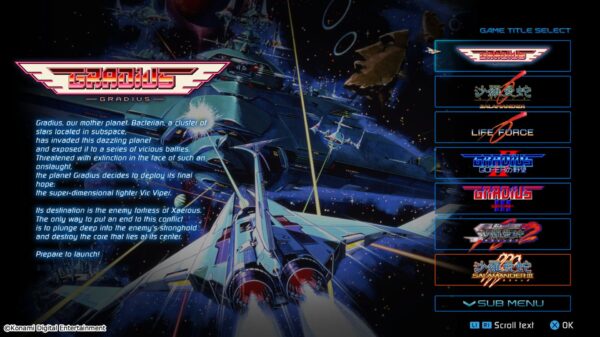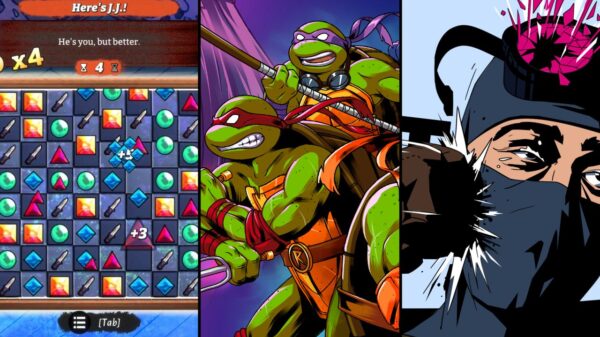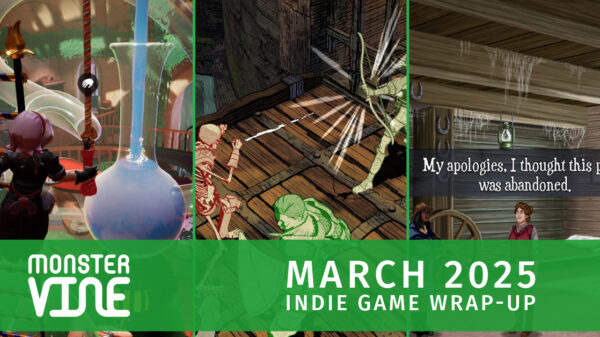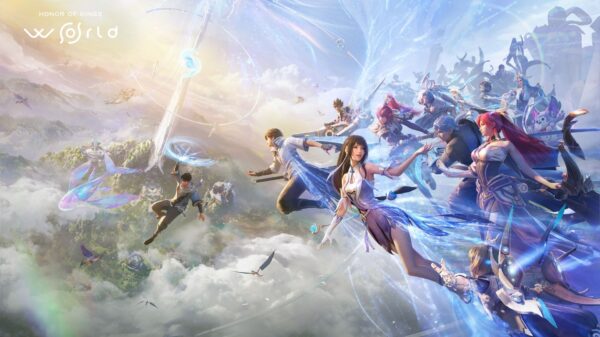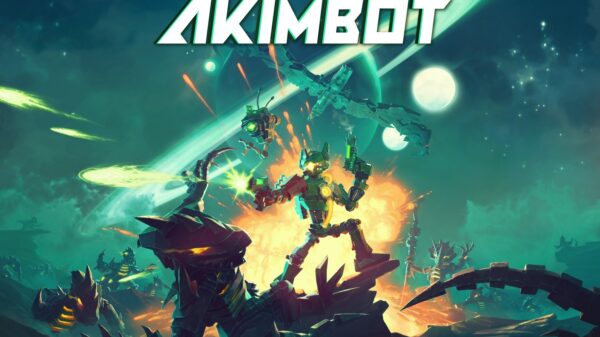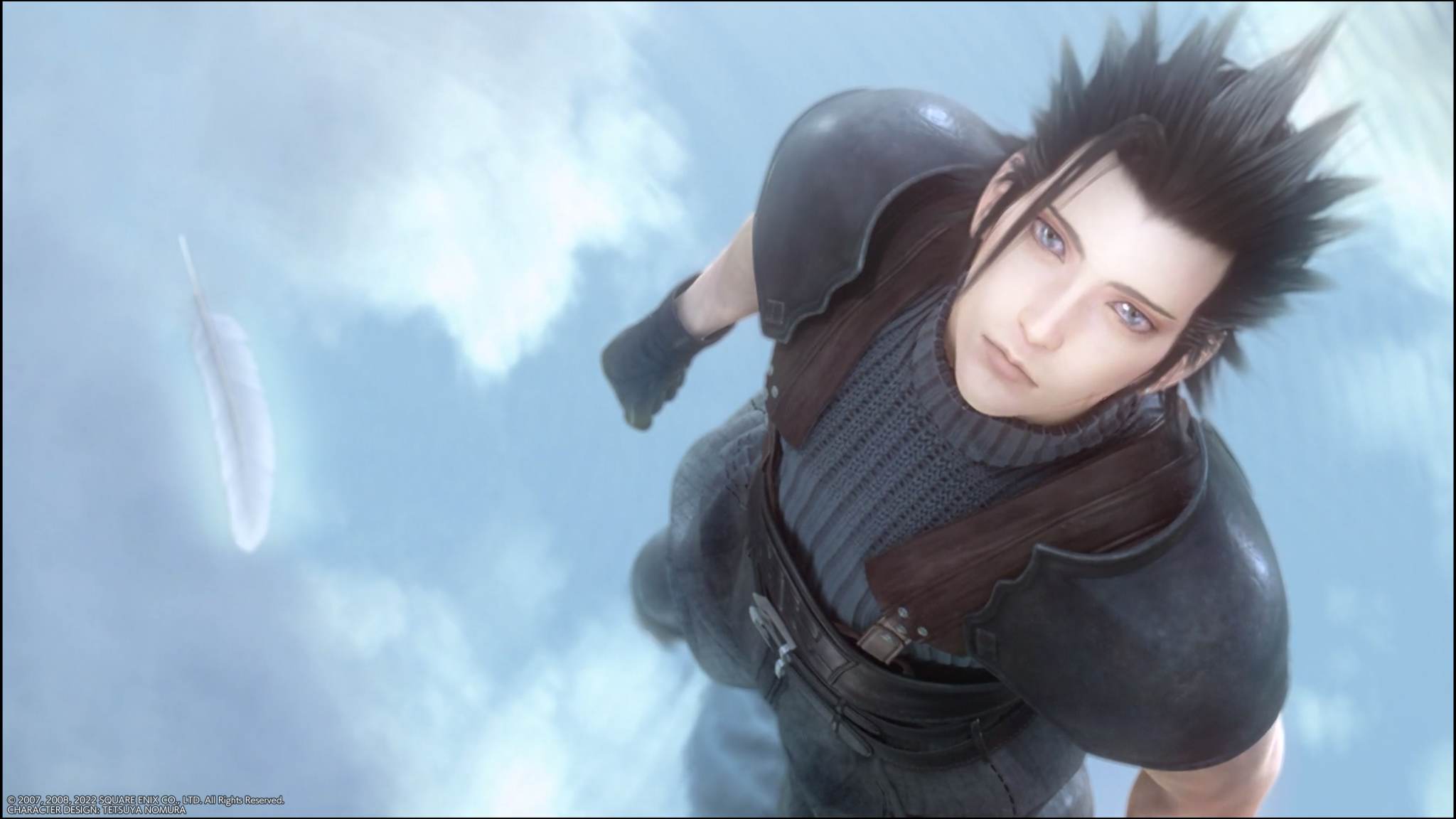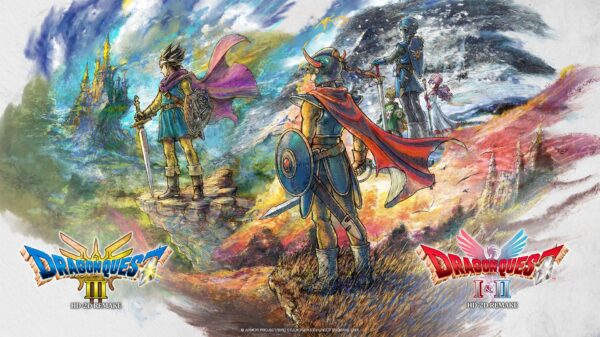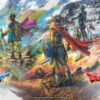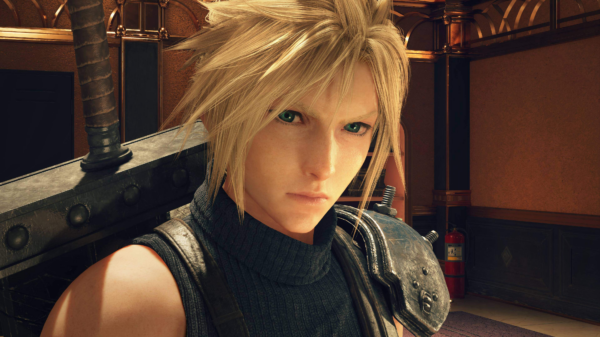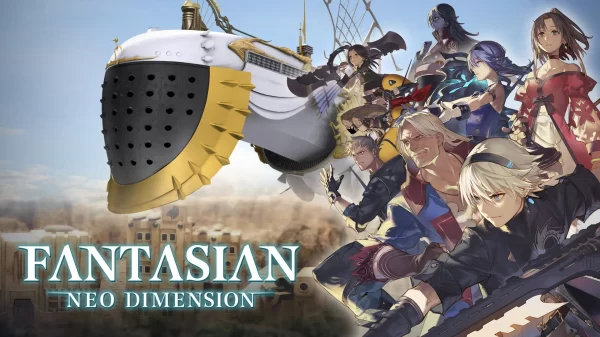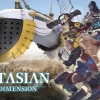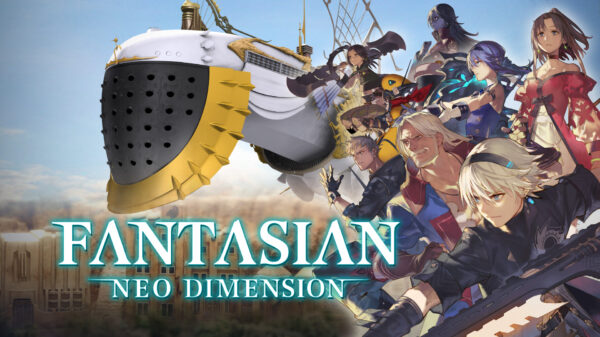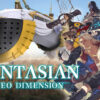Crisis Core: Final Fantasy VII: Reunion is a mostly excellent remake that improves upon the PSP original’s weaker aspects while keeping the majority of the important stuff intact. The voice acting is disappointing, but the gameplay changes and stringent dedication to not changing the original game’s narrative make it a largely excellent remake.
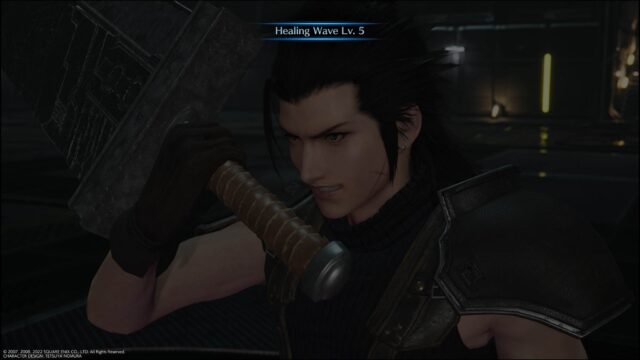
Crisis Core: Final Fantasy VII: Reunion
Developer: Square Enix and Tose
Price: $50
Platform: PS4, PS5 (reviewed), Xbox One, Xbox Series X/S, Nintendo Switch, and PC.
MonsterVine received a PS5 code for review
I have an extensive history with the original Crisis Core: Final Fantasy VII. My teenage username online was CrisisCoreKid and I played the game over and over on my PSP. Naturally, I was excited to play this remake, as the original title is still trapped on the PSP. Thankfully, almost everything about the game has been improved upon, though the voice acting largely disappoints.
“Given there are 300 missions in Crisis Core that you can do at any time, this is a great game for playing in bursts.”
Playing Reunion is a blast due to the more active combat that the remake implements. You can cut down enemies with regular attacks while also using special attacks and skills that come from your materia. Enemies aren’t visible, but you can stick to the sides of each map to avoid most fights if you so choose. The DMW (Digital Mind Wave) system, which is essentially a slot machine that grants you perks, summons, and super attacks based on what you match, adds a bit of pleasant randomness to combat – especially because there’s no chance for this random aspect to negatively affect you in any way. Plus, the various super animations are still cool and highly effective in combat.
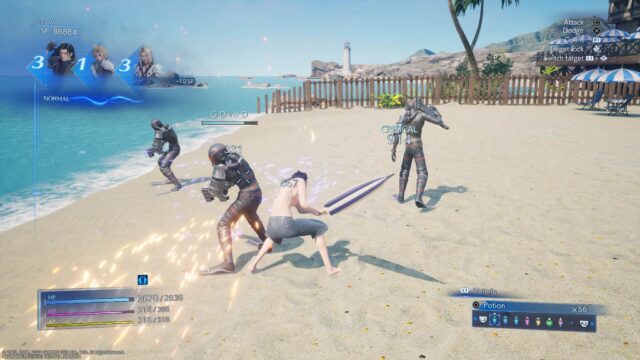
Materia Fusion, which lets you combine and power up materia to create new attacks and boost your stats, is a wonderful mechanic. There’s a lot of room to craft attacks that cater to your playstyle, though it’s also quite easy to make some insanely overpowered attacks very early. I appreciate that possibility though, as it rewards those who experiment with Materia Fusion and use it to its full potential. Given there are 300 missions in Crisis Core that you can do at any time, this is a great game for playing in bursts. A lot of the missions are similar (kill X enemies), but they have great rewards and often give you new summons and neat little side stories.
One of the best things about Crisis Core is how different it is from the game it serves as a prequel to. This isn’t the story of a confused or conflicted loner – it’s the tale of an upbeat, optimistic young man who wants to be like his idols. He becomes more jaded as the story goes on, but never loses his core positivity and kindness. It’s a refreshing change that makes Crisis Core feel like its own thing, rather than something that is inherently dependent on Final Fantasy VII. Similarly, the Mail system builds upon the world of Final Fantasy VII in the background as you play. Getting little emails about Rufus Shinra being promoted to Vice President or company-sent death notifications about characters who are very much alive adds an extra layer of optional world-building that I greatly appreciate.
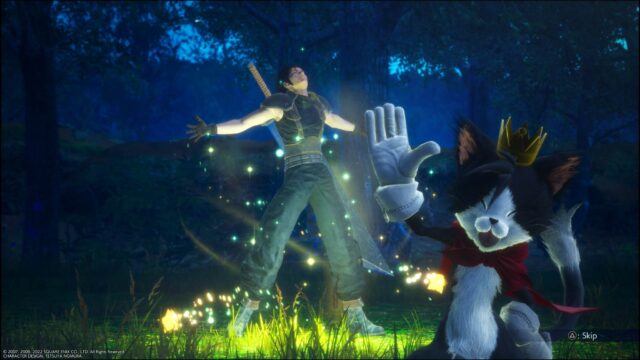
The writing of Crisis Core is certainly very silly at times. This character has Jenova cells and a singular wing, while this person is the same but has a black wing because they are bad, while this one is degenrating due to JRPG science. It’s incredibly fun to follow and runs largely off the “rule of cool,” but I wouldn’t have it any other way. The story ends up adding a great deal to Final Fantasy VII without cheapening any of the original game’s narrative beats, which can be a tough tightrope to walk. Plus, it has a few moments that, even now, wow me. The unchanged ending, in particular, is one of the best around.
“While Caleb Pierce certainly gives it his all here (and I suspect my issue comes down to voice direction, rather than Pierce), Zack feels like a much different (and less likeable) character.“
The voice acting is especially important because of the plot’s silliness. In the original game, Rick Gomez’s performance as Zack made it easy to overlook Zack’s goofier dialogue and choices since he had an endless amount of charisma. While Caleb Pierce certainly gives it his all here (and I suspect my issue comes down to voice direction, rather than Pierce), Zack feels like a much different (and less likeable) character. He never sounds as experienced or serious as the original Zack could be, which does a number on his character.
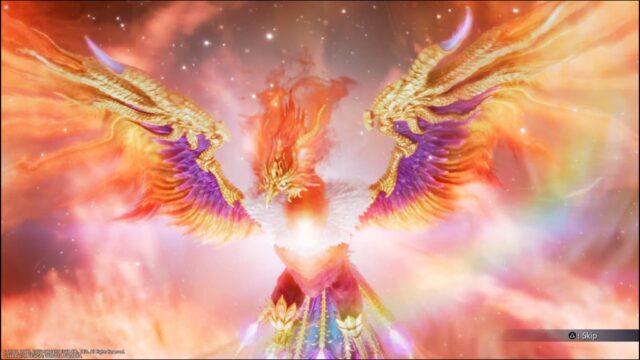
The rest of the new voices are mostly okay, with many of the carried over performers from Final Fantasy VII Remake (especially Cody Christian and Britt Baron, Cloud and Tifa respectively) doing great work. While I think the original dub is still better, most of these performances are strong in a different way.
 The Final Word
The Final Word
Crisis Core: Final Fantasy VII: Reunion is, for the most part, an excellent remake of a prequel that deserves more attention all these years later. Though the voice acting is uneven, the campy and exciting story, smooth but suitably complex gameplay, and breadth of content make this a Final Fantasy game that everyone should try.
MonsterVine Rating: 4.5 out of 5 – Great

